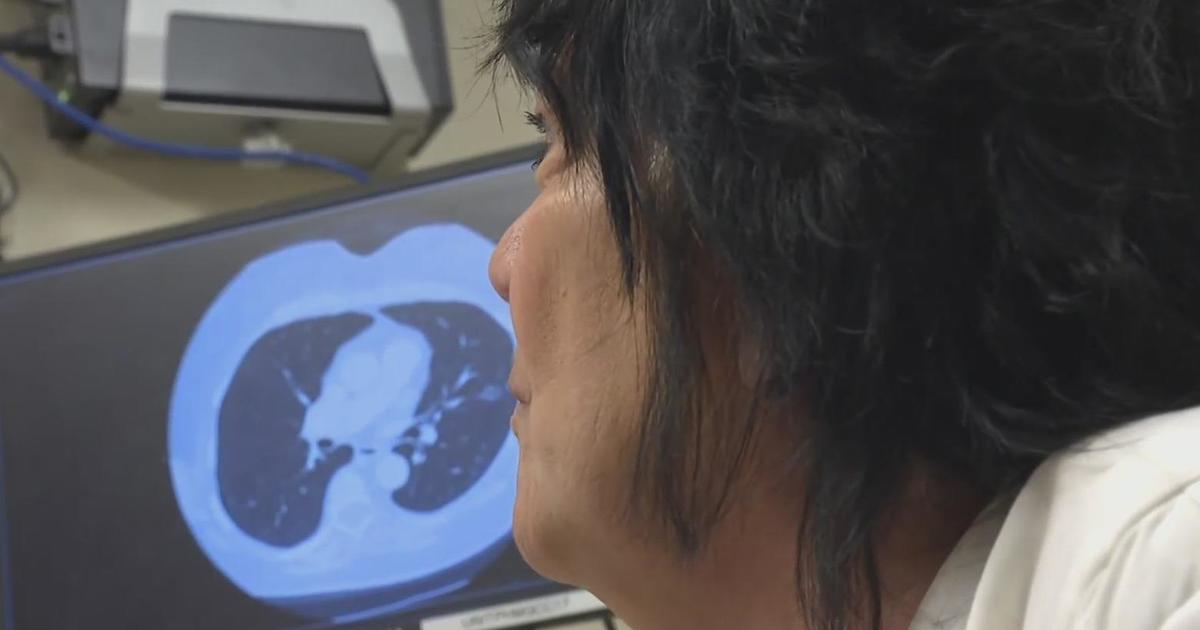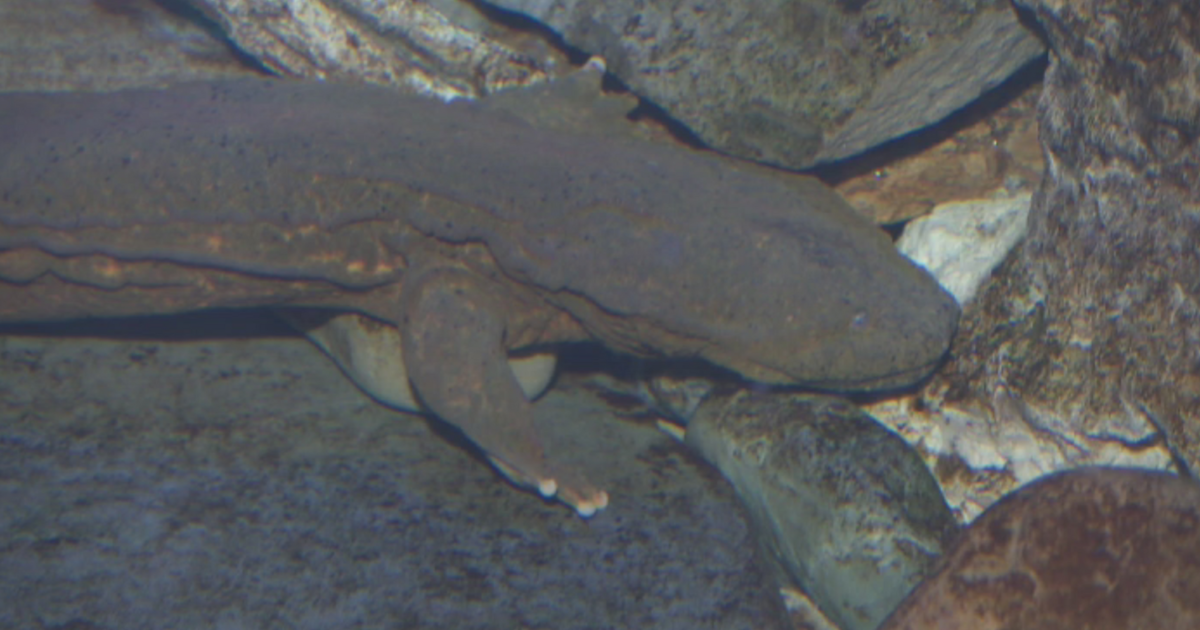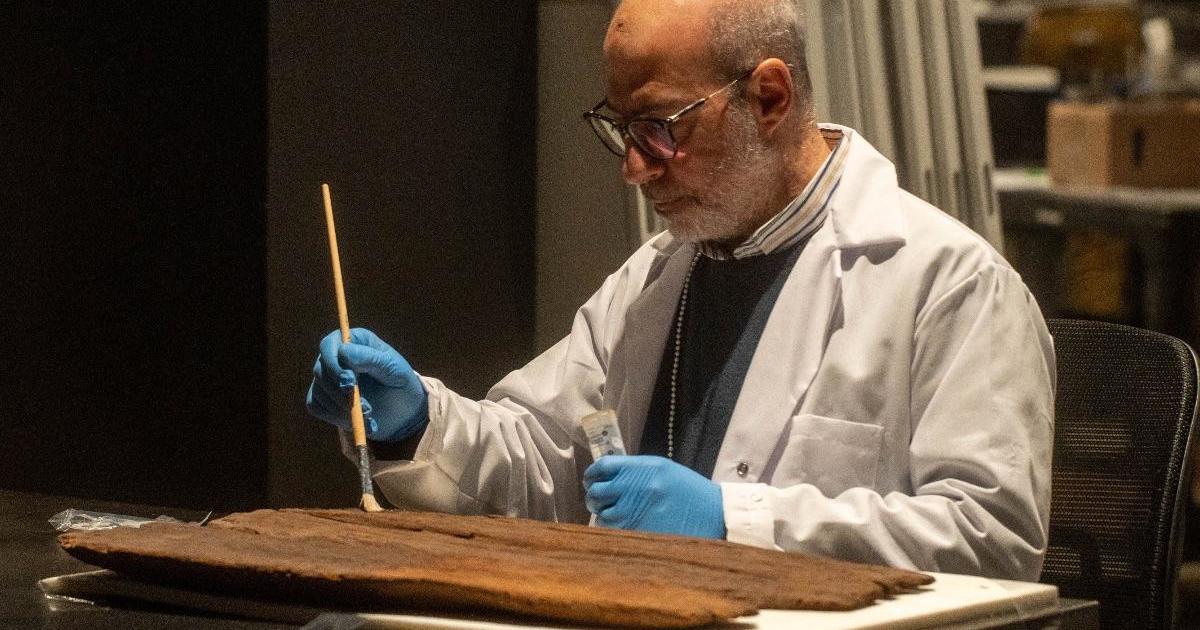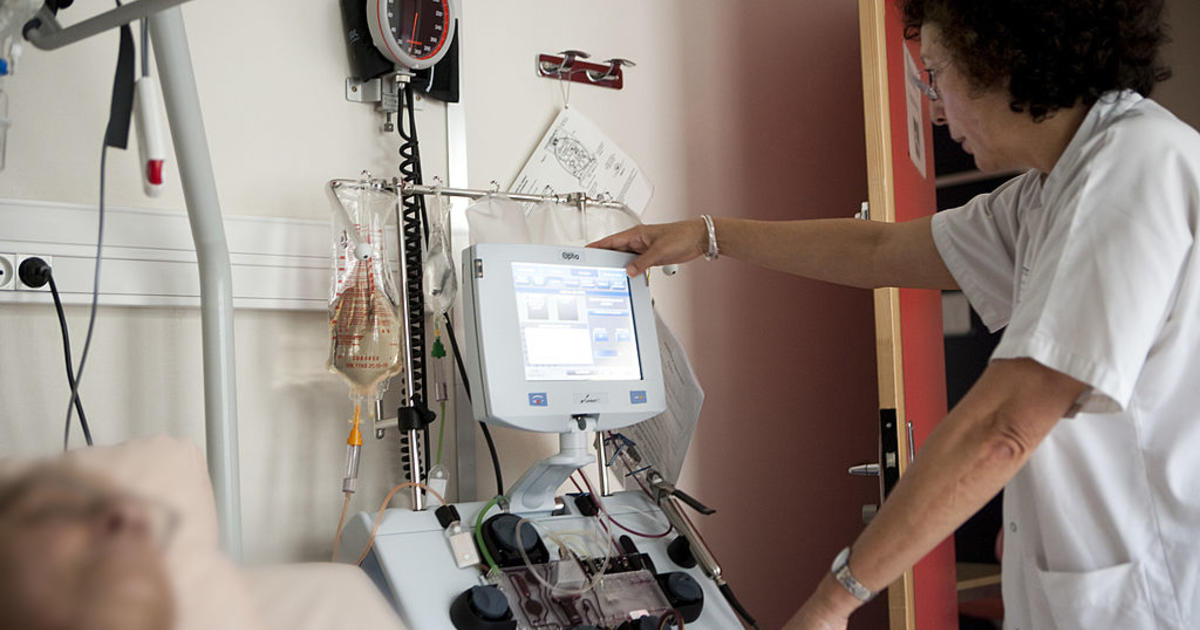New Engineering Lab Helping Wounded Vets Find New Life
PITTSBURGH (KDKA) -- They're wounded Iraq War veterans still suffering from post-traumatic stress and traumatic brain injuries, but they consider themselves fortunate to have survived the improvised explosives and mortar attacks that nearly took their lives.
"I was extremely lucky I had a wall between me and the explosion, or I wouldn't be here," said Josh Marino, a U.S. Army veteran. "The chunks of shrapnel, I still have some in my head, and I can feel them every time I comb my hair."
But if the war was hell, their re-entry and recovery has been equally difficult and isolating.
"There was a time when my best friends were Jim Beam and Jack Daniels," said Marino.
But despite the pain and challenges, these vets just couldn't shake their military training, which taught them they had no choice but to move on.
"If something happens they train you to dust yourself off, put your weapon into action and continue on with the mission. It's just what's instilled in you," said U.S. Army veteran Wayne Bell.
HERL, the Human Engineering Research Laboratories, is a joint project of Pitt, the VA and UPMC.
It's there where they develop technologies to help wounded vets, but also train vets in new careers under the watchful eye of its director Dr. Rory Cooper, himself a paraplegic veteran.
"As a veteran myself with a disability, I feel it's very important that we provide opportunities to other veterans with disabilities to succeed and contribute to society, and I believe that all of them have that potential," said Dr. Cooper.
More than a million veterans have been wounded in Iraq and Afghanistan, and more than half have been diagnosed with either traumatic brain injury or PTSD, or both.
But, Marino believes that most all can recover and be productive.
"There is a stigma out there that wounded veterans are damaged goods. I don't think that's an accurate characterization," he said. "We are very capable individuals. We did great jobs when we were in active duty."
At HERL, there's a philosophy of vets helping other vets. Marino is determined to turn his own struggle into an asset by training to become a rehabilitation therapist. He believes he can reach wounded vets where civilians may fall short.
"Empathy plays a big role in what we do," said Marino. "You have to be empathic. You have to know what someone has gone through in the past. If you don't know what they're going through, how are you going to be able to help them?"
Bell is learning to be a machinist.
"I want to get a job. Be a part of the booming oil and gas industry and get on with my life," he said.
And Dr. Cooper believes Marino and Bell, and vets like them, will make us as proud in peacetime as they have in war.
You May Also Be Interested In These Latest News Stories
Join The Conversation On The KDKA Facebook Page
Stay Up To Date, Follow KDKA On Twitter



